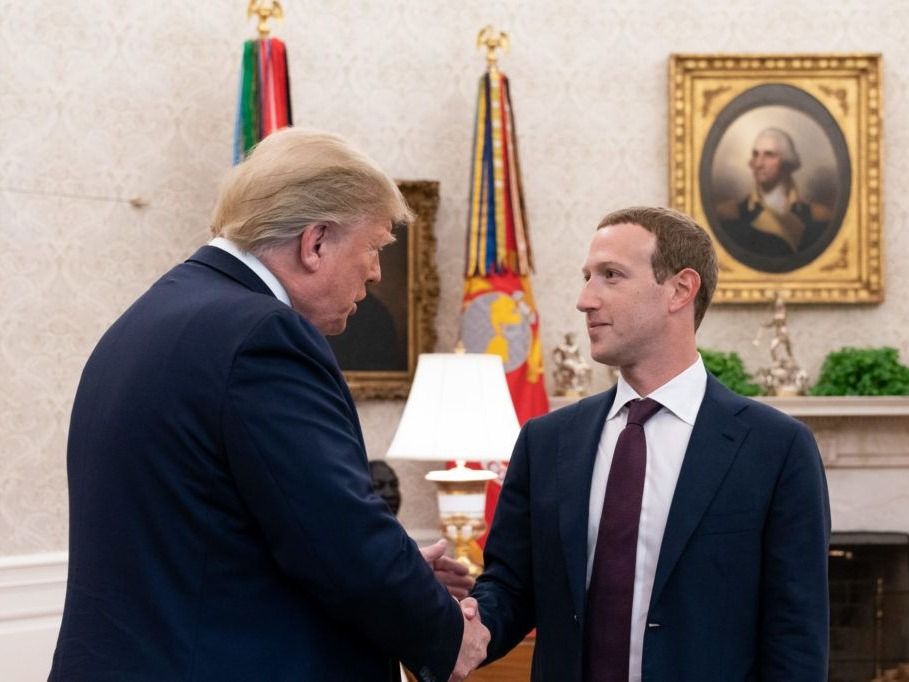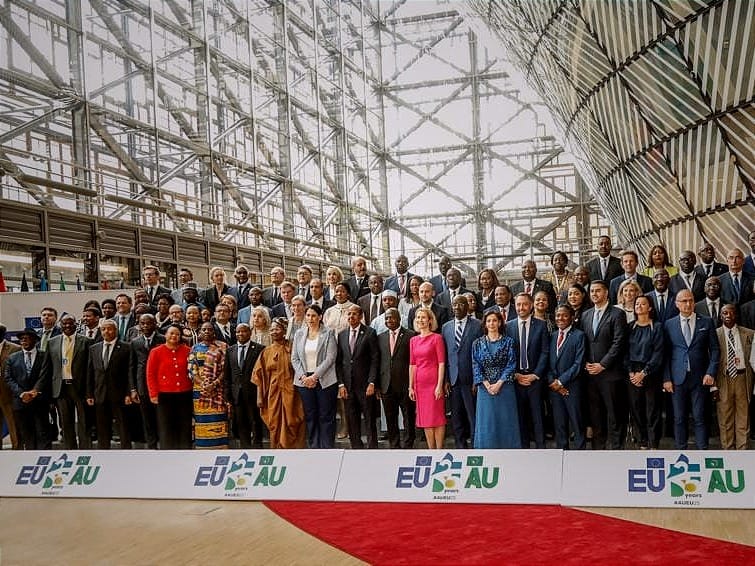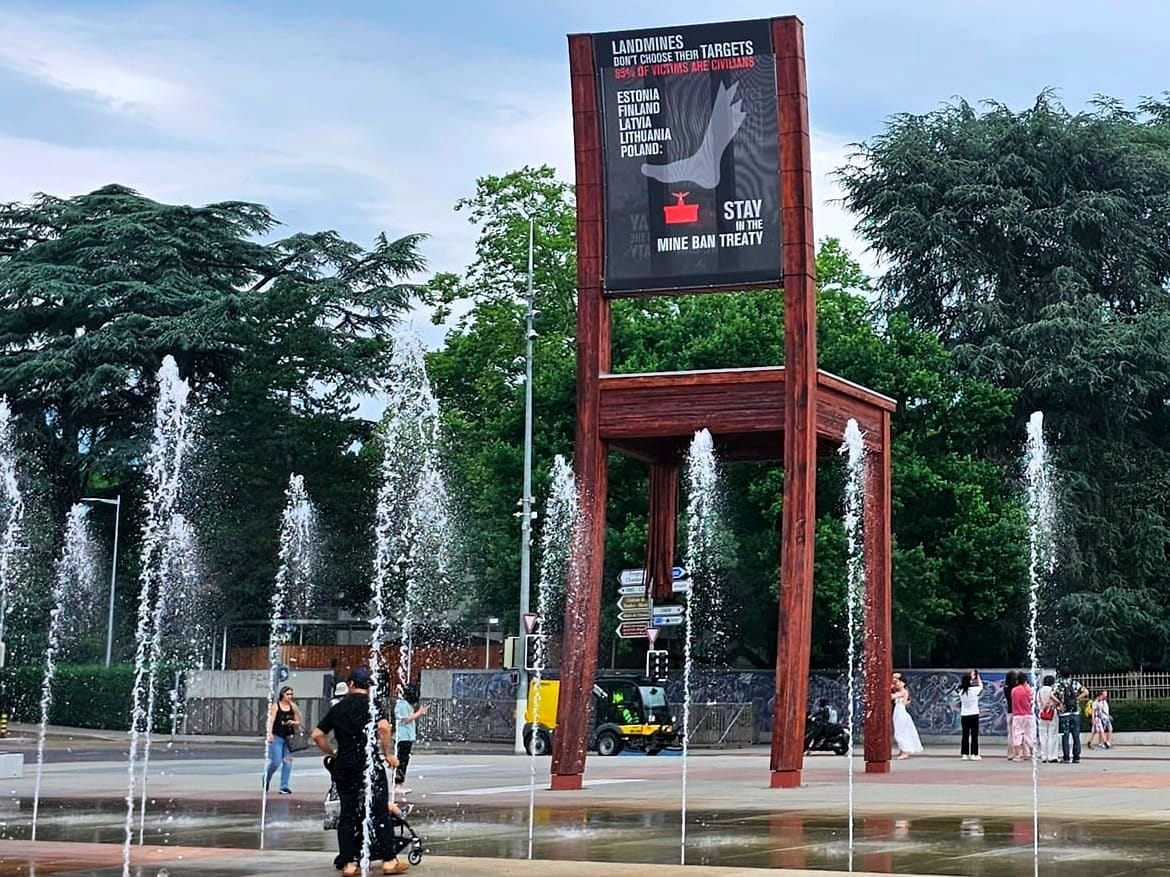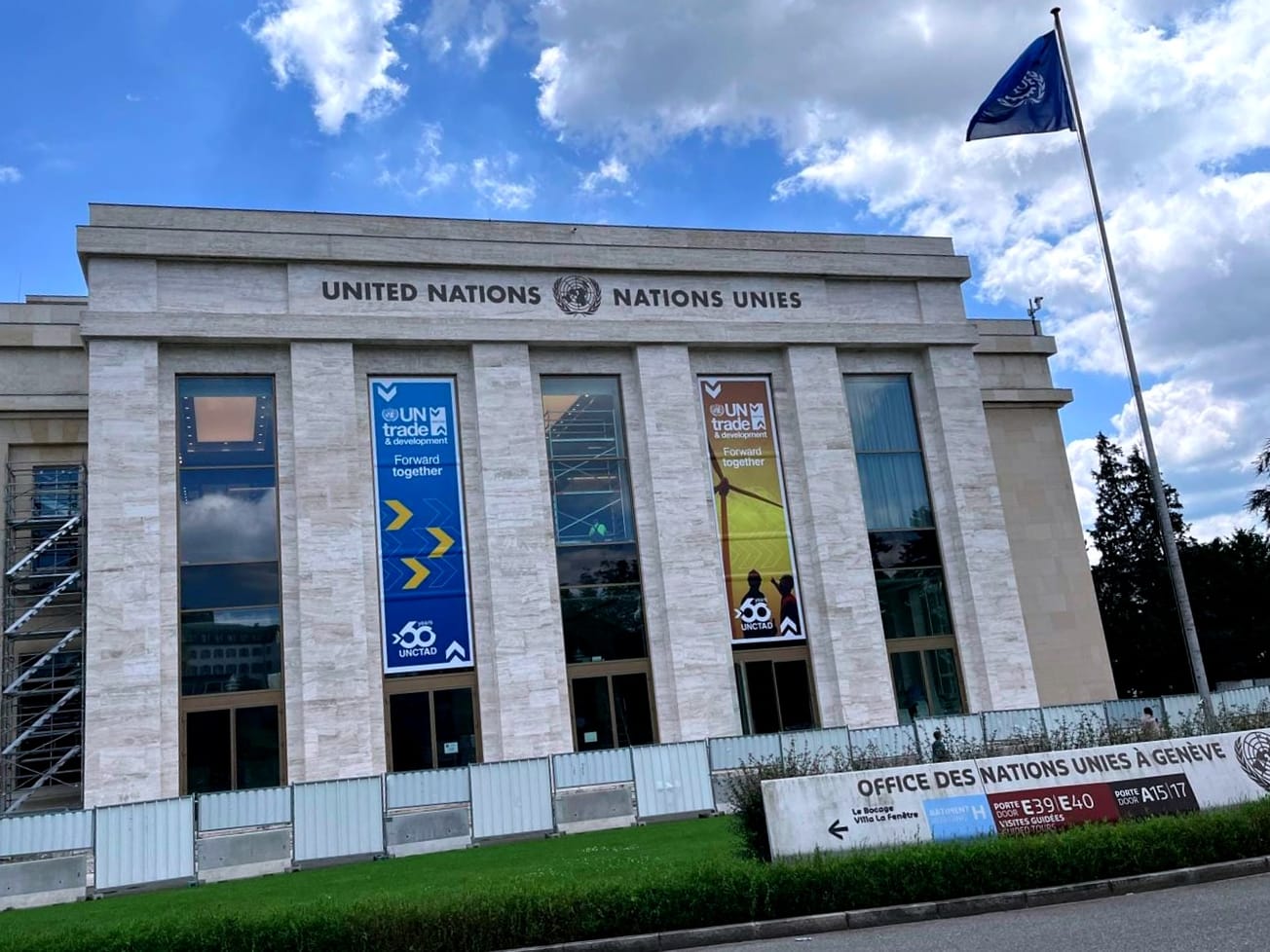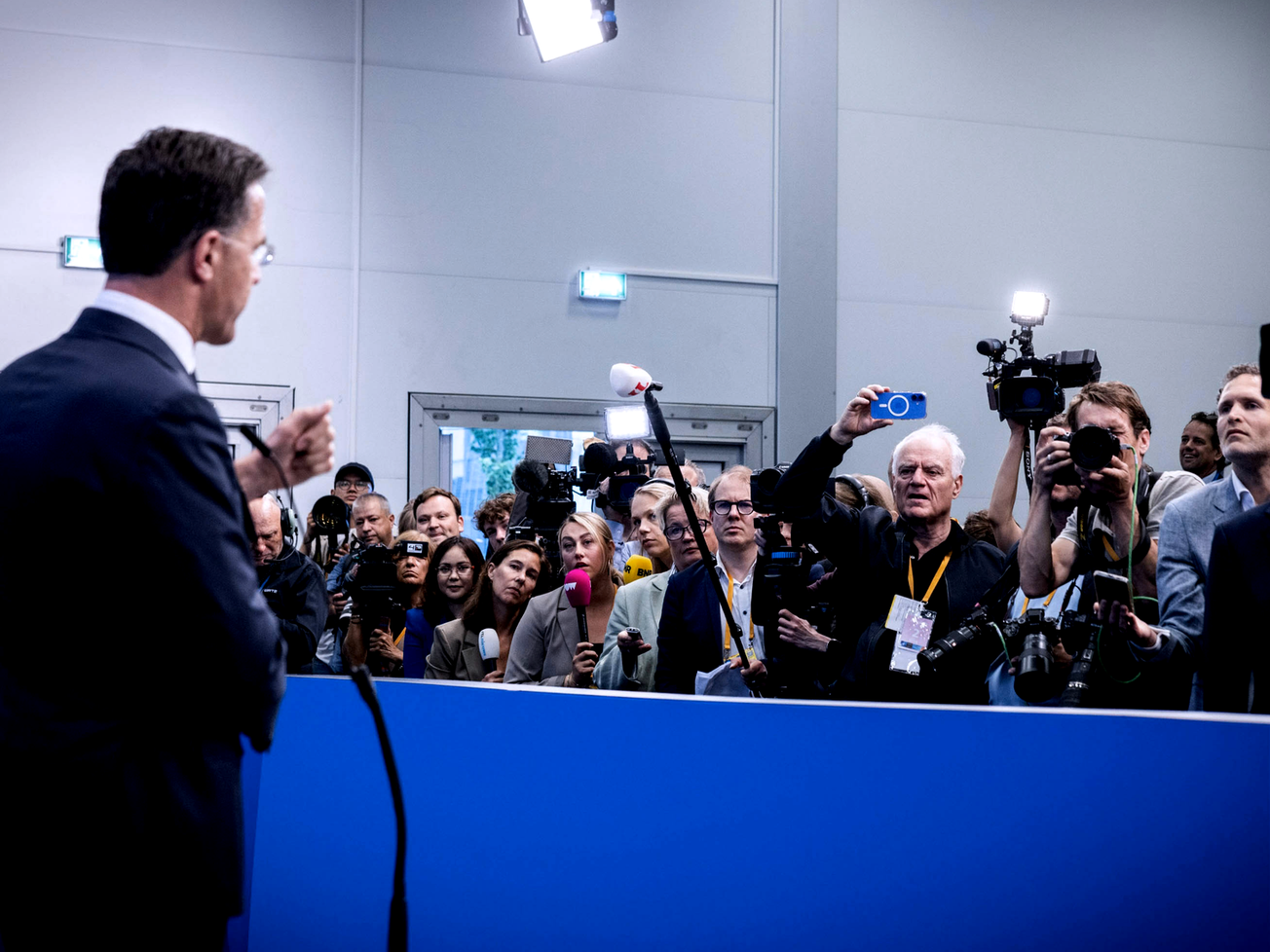WASHINGTON (AN) — U.S. lawmakers raised a raft of concerns over privacy and public trust on Wednesday while grilling Facebook CEO Mark Zuckerberg on his plans to create a global digital currency and international organization to oversee it.
The hearing before the House Financial Services Committee focused on Facebook's cryptocurrency plans. The committee's chairwoman, Rep. Maxine Waters, Democrat of California, opened the hearing by calling for a "moratorium" on the social media giant's cryptocurrency project until more is known about the full range of its potential impacts.

